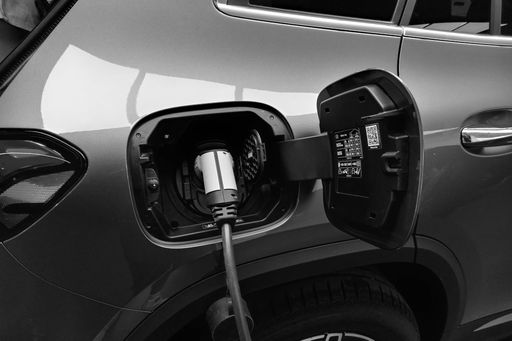Forget range anxiety: we should really worry about China’s global dominance in the electric car market
EVs heavily subsidised by Beijing are flooding Europe and the globe. If we don’t watch out, it could start a major trade war

Range Anxiety and Charging Infrastructure
One common concern with electric vehicles (EVs) is range anxiety, the fear of running out of charge. However, for most EV owners, this fear is largely unfounded. The majority of car journeys are less than 100 miles, and with home charging, which is the norm for EV owners, this is not a problem. However, for those who do not have access to home charging, such as those living in blocks of flats or urban terraces, relying on public charging infrastructure can be unreliable and inconvenient.
The UK currently has around 53,677 public charging points, but the functionality of these charging points is inconsistent. This lack of reliable infrastructure can deter potential buyers from choosing an EV, even if they would rarely need to use public chargers. The availability and convenience of chargers are critical factors in the wider adoption of EVs.
Additionally, the cost of EVs can also be a barrier to adoption. New EVs often have higher price tags compared to fossil-fuel cars. Although the secondhand market for EVs is growing, it is still relatively small, making it a less accessible option for some consumers.
The Transition to EVs and its Implications
As EVs become more commonplace, the automotive industry and associated industries face profound changes. Unlike internal combustion engine (ICE) vehicles, EVs require less maintenance and different skills for servicing. This shift in technology will have implications for the existing ecosystem of garages, service centers, refineries, and filling stations.
Furthermore, the transition to EVs is not just a technological shift but also has geopolitical implications. China has become a major exporter of EVs, with a significant portion of their exports going to Europe. This has raised concerns of dumping, as China's EV sales in Europe are often priced lower than EU-made models. The European Commission is considering imposing tariffs on Chinese EV imports to protect EU producers.
However, such measures could lead to retaliatory action from China, which holds a significant share of the global EV battery supply chain. This potential trade war between the EU and China could have far-reaching consequences and impact the availability and affordability of EVs worldwide.
The Future of EVs and Potential Challenges
The future of EVs is expected to see a rise in secondhand market purchases and prices that are comparable to ICE vehicles. This shift will have implications for tax revenues and the cost to the government. At present, EVs enjoy tax advantages and pay no excise duty, but this may change as governments look to compensate for lost revenue.
While the growth of EVs aligns with environmental goals, it also presents challenges that need to be addressed. The reliance on charging infrastructure and the potential trade war between major economies highlight the complexities surrounding the wider adoption of EVs. As the industry evolves, it is essential to find solutions that balance environmental sustainability with economic considerations.


